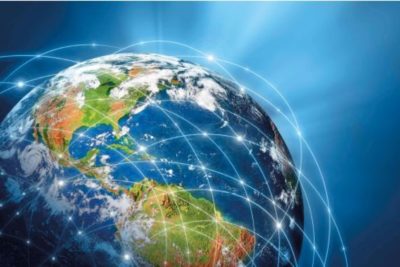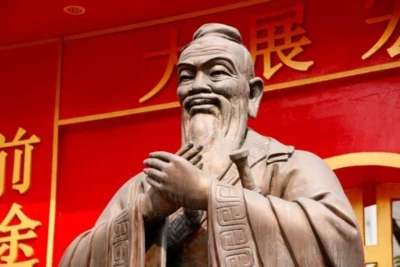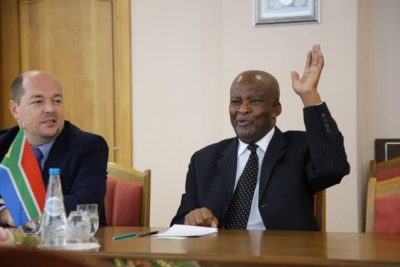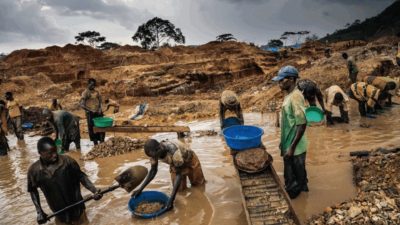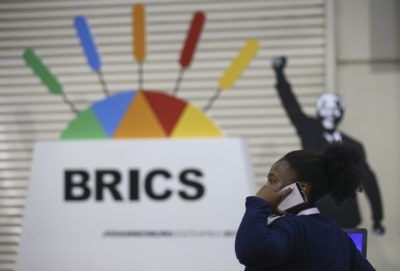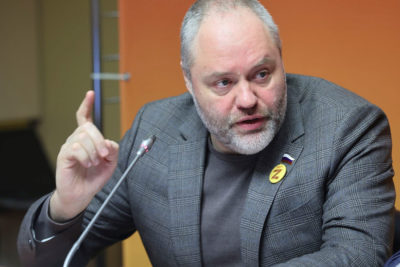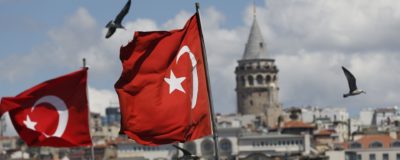East/West divides and the birth of Multipolarism
The world we live in today is a millennia-old galaxy. It bears within it the insignia of the multiple and diverse mutations which make up the history of humanity and international relations, a history characterized by the “class struggle”, to use the thesis of Karl Marx. Thus, just as “no one has received from nature the right to command others” said Diderot, the domination of the West over the rest of the world is not an irrevocable divine fact…
The Third Summit for Democracy: Fostering Democracy or Geopolitical Maneuvering?
The Third Summit for Democracy, a US-led initiative, was conducted in Seoul from 18th to 20th March 2024. The initiative was promised by the incumbent US President Joe Biden in his 2020 election campaign. Rapidly declining democracy around the world led to the urgency and cruciality of this summit. Representatives from over 30 countries attended this summit. The apparent rationale behind convening the recent summit was to provide a forum to promote democratic norms…
How China is using its Soft Power to Increase its Influence
China’s exponential rise in the last two decades has stunned the United States and its allies. China has challenged the status quo established in the world after the Cold War. The interventionist and dictatorial policies pursued by the United States in the post-Cold War unilateral world order tarnished its soft image and created a power vacuum in the world. China’s emergence as the new superpower of the world has not only altered the polarity of global politics but…
Prospects for Nigeria’s accession to BRICS
Nigeria is considering the possibility of joining BRICS – according to the statement made by the head of Nigerian diplomacy. What are the prospects of this orientation for one of the main forces of the African continent and for the BRICS themselves, in their updated composition? If on the one hand, there are a number of factors that contribute in favor of Nigeria’s candidacy, a number of other points need to be resolved first as well…
His Excellency Mr. Mzuvukile Maqetuka: "BRICS should be seen as an organization that will strengthen multilateralism and help the UN to be a cementing force that keeps the balance in the world"
My interlocutor today is Mr Mzuvukile Maqetuka, Ambassador Extraordinary and Plenipotentiary of the Republic of South Africa to the Russian Federation and the Republic of Belarus. Our conversation has turned out to be extensive, for we have wanted to discuss a lot, and also topical, interesting and, in some places, very heartfelt…
Inequality is the biggest challenge of the 21st century
In today’s world, tensions in international relations have risen sharply, with the US and its allies doing all they can to maintain their dominance and gain positions in the economy. Neo-colonial exploitation has led to the accumulation of enormous wealth in the West at the expense of developing countries. The world has faced several crises. First a pandemic hit our wallets, then a geopolitical conflict, natural disasters…
BRICS: the perfect pole to counter unbridled bipolarism
After the fall of the Berlin Wall on 9 November 1989 and the end of the Cold War in 1991, the winds of the variable geometry of Western democracy swept across the world, giving rise to new concepts on the world stage. It was the globalisation of ideas and the globalisation of cultures. The liberation struggle and decolonisation of African countries was a major turning point in the history of international relations, leading to the creation of the Organisation of African Unity (OAU), whose main objective was to help African…
Nikolay Novichkov: "Russia's wealth will be multiplied not only by Siberia and the northern seas, but also by the southern seas and shores in the African direction and in the global South in general"
The range of issues we discussed during our conversation with Nikolay Novichkov, Doctor of Sciences in Economics, member of the State Duma, was incredibly broad. We talked about Russia’s competitive advantages over others on the African continent and the prospects of the digital ruble in our mutual settlements, as well as cultural and educational projects…
Turkey’s search for a “historic” alternative to the EU
The question of Turkey’s possible integration with Europe has been under discussion for decades and is one of the most problematic issues in post-war European history. Turkey was one of the founders of the Council of Europe in 1949, has been an “associate member” of the EEC since 1964, and officially applied for EU membership on April 14, 1987, but was only granted candidate status 12 years later, at the Helsinki Summit in 1999. Following the Brussels summit of December 17, 2004, accession negotiations with Turkey began on October 3, 2005. Turkey appears to have harmonized its laws with those of the EU…
Declining Unipolar World Order and Rise of BRICS
The dissolution of the Soviet Union and the fall of the wall of Berlin in 1989 gave birth to the unipolar world order led by the United States. Globalization also emerged as a byproduct of this unipolar world order. The United States succeeded in aligning most of the countries towards one singular interest, that of the United States and its allies’. The global supply chain network pinnacled to an unprecedented level during this era of globalization. Former US President George Bush proclaimed in his speech, in 1991, that this US-led world order…
How the US-led Liberal World Order is Falling Apart
The basis of the US-led liberal world order was laid at the end of the World War 2. However, the United States and the Soviet Union kept on fighting over the spread and influence of their respective ideologies till the 1990s. The United States’ victory in the Cold War established its hegemony over the globe. Many Western philosophers, at that time, believed that the US-led liberal world order was here to stay. Famous American political philosopher, Francis Fukuyama, in his book “The End of History and the Last Man,” also endorsed this notion…
Geography Will Finally Put America and Other Nations in Their Proper Place
Russia and India are moving forward, exploring the adoption of a native BRICS currency. The move has garnered keen interest from Western interest, but so far, no key media has reported. A story in Middle East Economy a few days ago tells us Russia and India have joined forces to expand the influence of the BRICS alliance through digital economy initiatives. For the Western alliance, Russia/India dealings are really only the tip of a humongous iceberg. Some experts say and isolated America is right around the corner.
